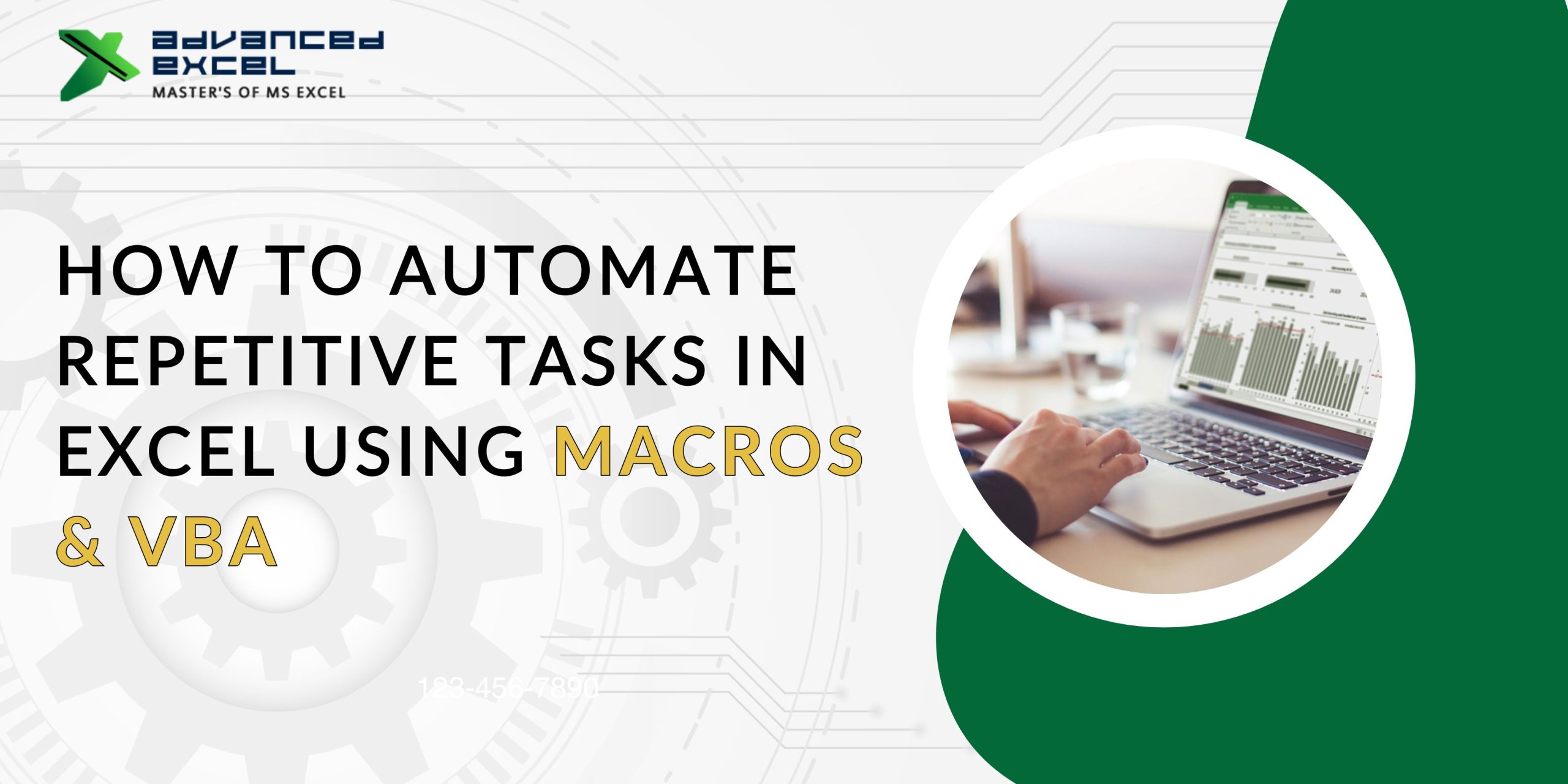The Do’s and Don’ts of Power BI in Projects
Welcome to the world of Power BI, where data visualization meets business intelligence in an empowering blend. In today’s digital age, harnessing the power of data is crucial for organizations aiming to stay competitive and agile. Microsoft’s suite of business analytics tools offers a robust platform for analyzing data and sharing insights across your organization. However, like any powerful tool, there are certain best practices to follow and pitfalls to avoid when integrating it into your projects.
The Do’s: Strategies for Success
While numerous resources highlight best practices for projects, it’s equally important to understand and sidestep potential missteps. Let’s explore some of the most common mistakes to avoid:
Single File Overload
A common pitfall is cramming multiple dashboards into a single file, leading to confusion and inefficiency across departments. Avoid this mistake by organizing dashboards into separate files, ensuring clarity and ease of access for stakeholders. Consider seeking training at a power bi training institute in Mumbai to enhance your skills.
Complexity Over Clarity
Complex dashboards with excessive visuals can hinder data comprehension and management. Prioritize clarity by utilizing simple yet innovative visuals, crisp language, and thoughtful layout designs. Engage stakeholders early in the process to refine dashboard layouts for optimal usability.
Uncertain Data Sources
Utilizing uncertain or pivoted data compromises the integrity of data visualization and insights. To reduce this risk, obtain data from credible sources and ensure it is properly structured for insightful analysis.
The Don’ts: Pitfalls to Evade
BI Integration Overload
Overemphasis on ETL and data integration without clear deliverables can derail BI projects. Strike a balance by prioritizing business-oriented outcomes and involving stakeholders in data integration decisions.
Inconsistencies Breed Confusion
Overlooking consistency in report design and data visualization undermines the credibility of insights. Maintain uniformity in font sizes, visual alignment, and data presentation to avoid ambiguity and promote meaningful analysis. Additionally, individuals can benefit from attending power bi classes in Mumbai to enhance their proficiency.
Involving Unreliable Data
Relying on unreliable data compromises the efficacy of projects and exposes organizations to potential losses. Uphold data integrity by adhering to structured data practices and crafting precise dashboards for actionable insights.
Conclusion
Power BI is a powerful tool for unlocking the full potential of your organization’s data. By following the do’s and don’ts outlined in this guide, you can maximize the effectiveness of your projects and drive actionable insights that propel your business forward. Remember to invest in proper power bi training in mumbai, prioritize data preparation, leverage collaboration features, simplify your visualizations, monitor performance and usage, and prioritize security and compliance. With these best practices in mind, you’ll be well-equipped to harness the power of Power BI and achieve your business objectives.





